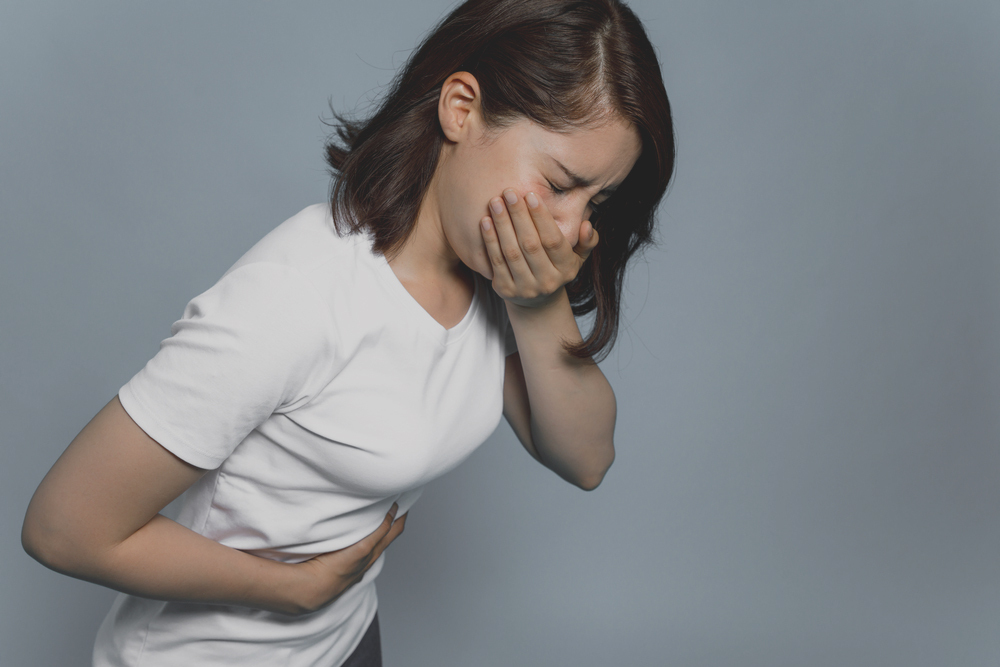I understand that you’re feeling nauseated and looking for ways to fix it. The good news is, there are many things you can try to relieve nausea, depending on its cause and severity. Here’s a comprehensive guide to help you:
1. Identifying the Cause:
Nausea can have many underlying causes, ranging from simple indigestion to serious medical conditions. Knowing the cause can help you choose the most effective remedy. Consider these possibilities:
- Dietary factors: Overeating, greasy or spicy foods, food poisoning, motion sickness, and hangovers are common culprits.
- Underlying medical conditions: Pregnancy, migraines, anxiety, infections, hormonal imbalances, and some medications can cause nausea.
- Other causes: Stress, fatigue, lack of sleep, and exposure to strong smells can also trigger nausea.

2. Home Remedies:
For mild nausea, several home remedies might help:
- Hydration: Dehydration can worsen nausea. Sip clear liquids like water, broth, or peppermint tea frequently.
- Bland foods: Opt for easy-to-digest foods like toast, crackers, rice, bananas, or applesauce. Avoid greasy, spicy, or acidic foods.
- Ginger: Ginger is a natural anti-nausea remedy. Try ginger tea, ginger chews, or sucking on a piece of raw ginger.
- Acupressure: Applying pressure to the P6 point (three finger widths below your wrist) may relieve nausea.
- Rest and relaxation: Lie down in a quiet and well-ventilated space. Close your eyes and focus on deep breathing.
3. Over-the-Counter Medications:
If home remedies don’t work, over-the-counter medications like Pepto-Bismol, Tums, or Dramamine can help with mild nausea and indigestion.
4. When to Seek Medical Attention:
Seek immediate medical attention if:
- You have severe nausea that lasts for more than 24 hours.
- You have persistent vomiting, especially if it’s bloody or black.
- You have severe abdominal pain, fever, or chills.
- You have difficulty breathing or dizziness.
- You suspect food poisoning or dehydration.
5. Additional Tips:
- Avoid strong smells and smoke.
- Wear loose clothing.
- Get plenty of fresh air.
- Distract yourself with light activities like reading or watching TV.
- Avoid strenuous exercise until you’re feeling better.
Remember:
- These are general guidelines, and what works for one person may not work for another.
- If your nausea is severe or accompanied by other worrying symptoms, always consult a doctor for proper diagnosis and treatment.
- Do not take any medications without consulting with a doctor, especially if you have any pre-existing medical conditions or are pregnant.
I hope this information helps you find relief from your nausea. Feel better soon!

